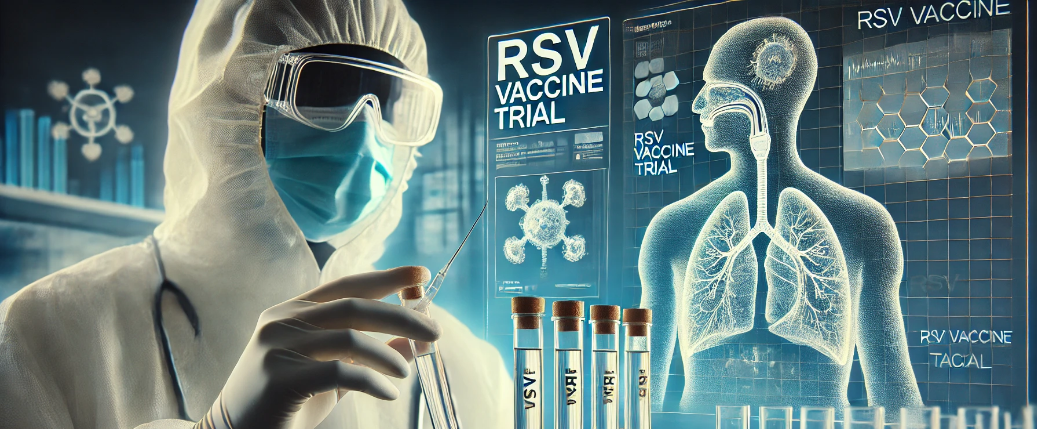New mRNA Vaccine Trial Halted Amid Safety Concerns
Recent developments have placed the spotlight back on mRNA vaccine safety as a clinical trial involving experimental vaccines for Respiratory Syncytial Virus (RSV) was paused due to alarming safety signals. This trial, conducted on children under five, raises critical questions about the evolving role of mRNA technology in vaccine development.
The Trial and Its Objectives
The halted trial involved two experimental mRNA vaccines, mRNA-1345 and mRNA-1365, aimed at preventing severe RSV infections. The participants included RSV-naïve children aged 2 to 5 years and those under 2 years of age.
The vaccines, developed using lipid nanoparticle delivery systems, sought to offer groundbreaking protection against RSV—a leading cause of severe respiratory illnesses in young children and older adults.
Troubling Phase I Results
Despite high hopes, early results revealed troubling trends:
- Increased Risk of Severe Illness: The vaccinated group showed a higher incidence of RSV-related severe lower respiratory tract infections compared to the placebo group.
- Vaccine-Associated Enhanced Respiratory Disease (VAERD): This phenomenon was observed in multiple participants, with severe cases requiring hospitalization. One instance even necessitated mechanical ventilation.
Trial Suspension and the Road Ahead
Plans for additional vaccine doses were promptly paused as safety concerns took precedence. The FDA’s Vaccines and Related Biological Products Advisory Committee (VRBPAC) is now reviewing the data and deliberating criteria for potentially resuming the trial.
Key Concerns About mRNA Technology
This development reignites debate about mRNA vaccines, particularly:
- Systemic Effects of Lipid Nanoparticles: These delivery agents remain under scrutiny for potential unintended effects.
- Broader Implications for Vaccine Design: The case emphasizes the importance of rigorous testing and safety monitoring in new mRNA applications.
Public Health Implications
The trial suspension underscores the need for transparency and vigilance in vaccine development. While mRNA vaccines have shown promise, especially during the COVID-19 pandemic, their deployment in broader contexts demands careful evaluation.
Dr. John Campbell, who reviewed the trial results, also urged the public to remain cautious about fraudulent social media accounts impersonating him—a reminder of the importance of credible sources when engaging with public health information.
What’s Next?
As deliberations continue, the trial’s outcome will likely shape the trajectory of RSV vaccine research and mRNA technology as a whole. Public confidence hinges on transparency and a commitment to safety.
Stay tuned for updates on this unfolding story.

